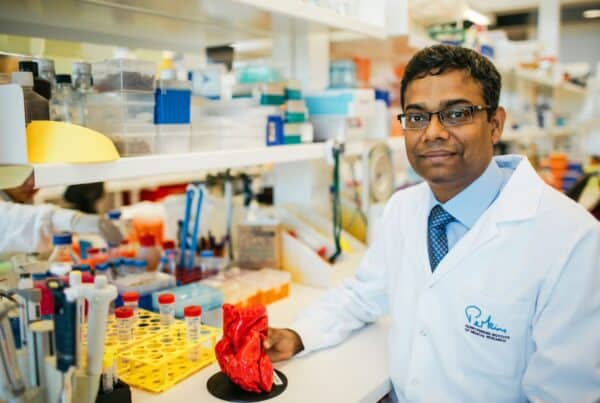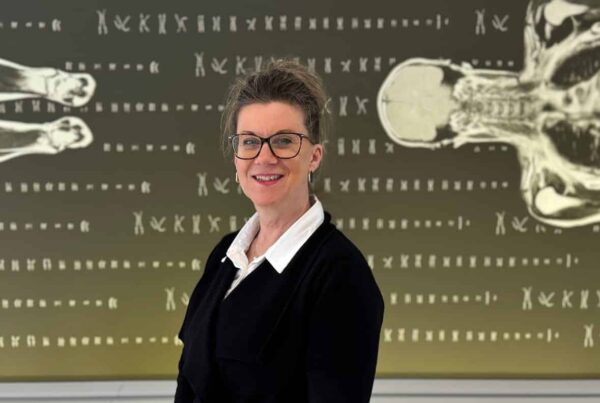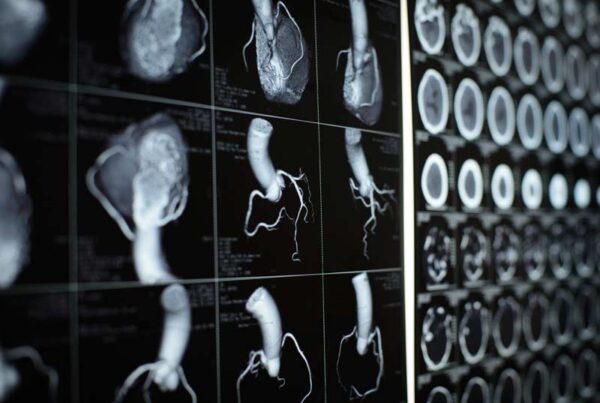Funding boost to supercharge medical research and innovation
Read More
Our research group focuses on the liver progenitor/stem cell (LPSC) which we identify in patients with alcoholic liver disease (ALD), hepatitis C (HCV), genetic hemochromatosis (GH) and non-alcoholic fatty liver disease (NAFLD). An objective of our research is to utilise their presence as a diagnostic to detect early stages of pathology and their abundance as an indicator of disease severity. Since ALD, GH, HCV and NAFLD increase the likelihood of developing hepatocellular carcinoma (HCC), the LPSCs may also be useful as a prognostic for patients who will develop liver cancer.
We are well-placed to undertake these studies as we have a monoclonal antibody that detects the LPSCs in liver biopsies. Our recent studies suggest that the protein this antibody binds to is present in the blood of patients who harbour LPSCs in their liver. This raises the possibility of developing a blood test that informs clinicians of the state of the patient’s liver.
The LPSC is present in diseased liver because it has an important role in repairing the damaged organ. It is a functional stem cell that can produce cholangiocytes that make up the bile ducts; or it can produce hepatocytes that are responsible for the major functions of the liver. To better study this important liver cell, we have established LPSC lines from both the mouse and human to understand what makes them grow and how they decide between generating cholangiocytes and hepatocytes.
This work has produced a valuable resource in the form of LPSC lines that are non-cancerous and others that are tumorigenic. This provides a platform for screening and testing for anti-liver cancer drugs that are selectively effective against liver cancer cells.


